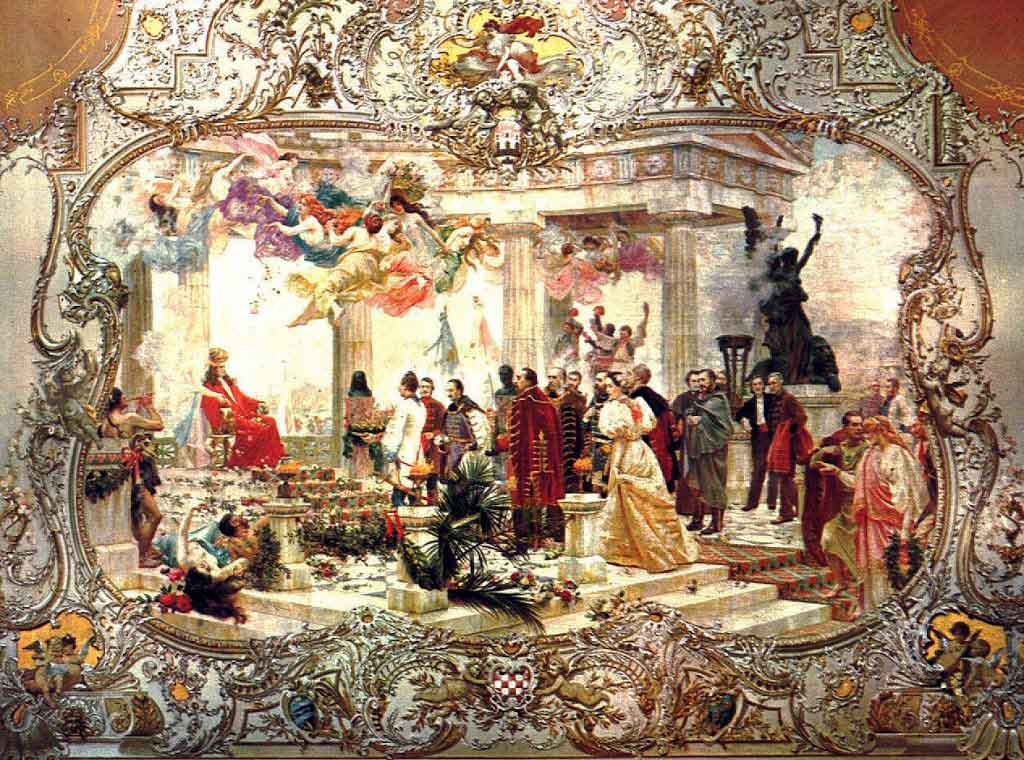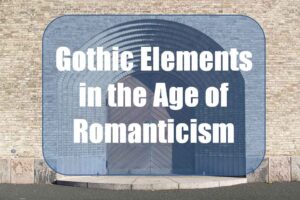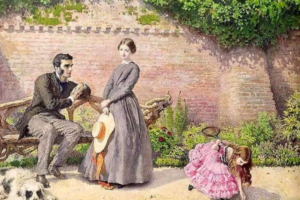
The Renaissance Age
The Renaissance Period represents an era of social, artistic and literary development, marked by the urge for discoveries and vitality to produce fresh ideas. The revival of Greek and Latin forms marked a change not only in the literary genre but also in the architecture of Italy and Europe. The rebirth of learning emerged in Italy in 14th century and later covered the whole Europe during the 16th century. The revival of interest in classical writings enriched the writings of this period. On the other hand, Italy emerged as the centre of artistic development, and the major contributor in Renaissance in form of paintings.
There are certain notions and learning which influenced and redefined the mode of Renaissance thinking. One of the major revolutionary changes is in the firm rejection of comprehending divine ideas and church beliefs as the dominant notions, regulating the lives of man. The challenging theories and ideas created by people like Copernicus, Galileo and Kepler created a landmark in the history of Renaissance, as they challenged the doctrine of church, proving that sun rather than earth is the center of the universe.
The Renaissance discoveries led to the search for individual expression and a new sense of freedom. These new estimates of thinking led to the arrival of humanism. Humanism emphasized upon the worldly aspects of life rather than the church ethos of afterlife, salvation and damnation ideas.
The Reformation movement, which was developed during the Renaissance period directly, challenged the church beliefs and its medieval mode of thinking. The figures like Martin Luther, Erasmus criticized the doctrines of church for its corruption and narrow thinking. Protestants disapproved the Pope as the supreme figure and favored man’s direct relation to God.
The disintegration of feudalism, change in the social pattern, increase in trade and urbanization led to the revolutionary change in the society. It led to some massive socio-political and religious changes.
The Renaissance writings began to reject the conventional mode of expression the ideal patterns of life preached by church and created new literary, culture and philosophical values. The foundation of Elizabethan Theatre is one of the remarkable achievements of this period. James Burbage’s foundation of ‘The Theatre’ contributed in development of Renaissance theatres. Thus, Burbage constructed the first Elizabethan amphitheater in 1576 and afterwards theatres emerged as the major contributor in forming Renaissance history of literature.
The major Renaissance dramatists, such as Marlowe, Shakespeare, Francis Beaumont, John Fletcher, Middleton, and Thomas Kyd are the dominant figures in Renaissance writings. These writings perpetuate the notion of Renaissance man, the concept of knowledge, and the social nature of humanity creating a golden age of Renaissance drama. Thus, the Renaissance period tends to represent not only the historical movement but also comprises the beginning of new cultural, literary, artistic and philosophical values, which gave literature a new identity in terms of development.




